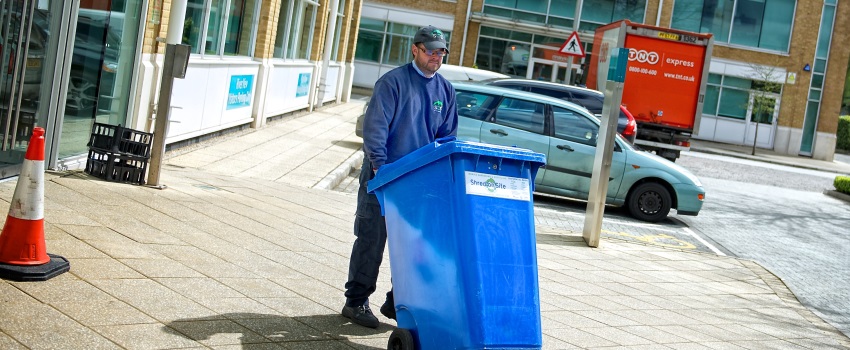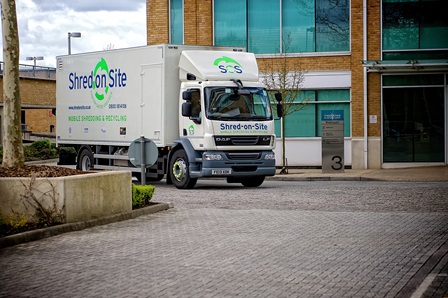How does shredding your documents help you to comply with UK legislation?
There are many risks for the average business when it comes to inadequate data protection. From customer attrition to reputational damage, if customer data is lost or made public, there is the potential for tangible impact on the business’ bottom line. However, that’s not the only potential disadvantage of not properly disposing of documents that contain personal data – a lack of legal compliance could have serious consequences too.
UK legislation and data protection
As of May 2018, the General Data Protection Regulation (GDPR) came into force in the UK, replacing the existing framework under the Data Protection Act 1998. The UK has always been focused on data protection but the GDPR pushes this up a notch, not least because it introduces potential fines of up to €20 million or 4% of annual global turnover where there has been a data breach. The expectation is that every business will comply with the GDPR, no matter how small, and there are few exceptions. So, even if you’re not fully aware of what the GDPR requires, you will still be held accountable to its standards. And the GDPR is not the only piece of legislation in the UK that holds businesses accountable for poor data disposal processes – for example, the Freedom of Information Act 2000 requires that disposal of documents takes place in accordance with clearly established policies.
How does shredding your documents help with compliance?
One of the features of the GDPR is that liability (and fines) are greater now than they ever were before when it comes to security breaches. This is designed to get businesses to think more about how to protect all the data that they deal with, whether that’s in printed out emails or documents that relate to order processing. Secure disposal of documents is absolutely crucial to ensure compliance with UK legislation when it comes to data protection – and the only way to do that comprehensively is by shredding your documents. All it takes is one bag of incorrectly disposed of documents to fall into the wrong hands and your business could suffer reputational damage, as well as the legal financial penalties.
A quick plan for compliant document disposal
- Audit the way your business currently handles and disposes of documents. What kind of risks is the business open to, what kind of data are you dealing with and how many vulnerabilities exist? Look at every stage in the information cycle – you might be surprised by the risks you’re already running.
- Switch to on-site shredding. There are many benefits to on-site shredding but the main one is improving data security so that you can ensure legal compliance. Documents are shredded before they leave your premises, minimising the possibility of interference and security breach.
- Ensure your staff understand what is required of them. This means educating them as to the risks for the business of poor document disposal and also the new processes that you put in place to accommodate on-site shredding.
On-site shredding is an obvious solution if you’re concerned about the law with respect to document disposal. It’s a simple, fast and cost efficient way to ensure your business is compliant. Get in touch with Shred-on-Site to ensure your secure document disposal is fully compliant today.
Author: Mark Coombes, Follow me on Google+







